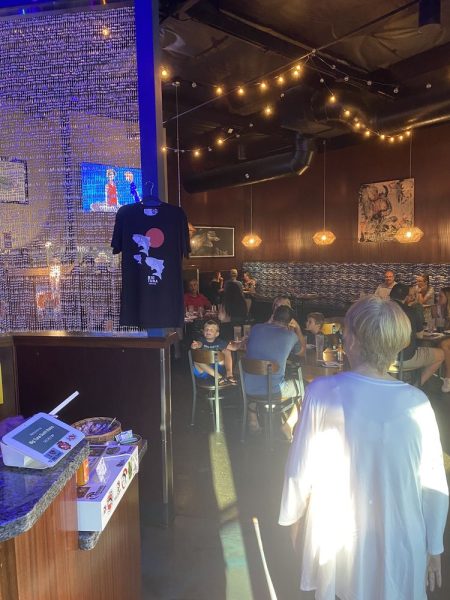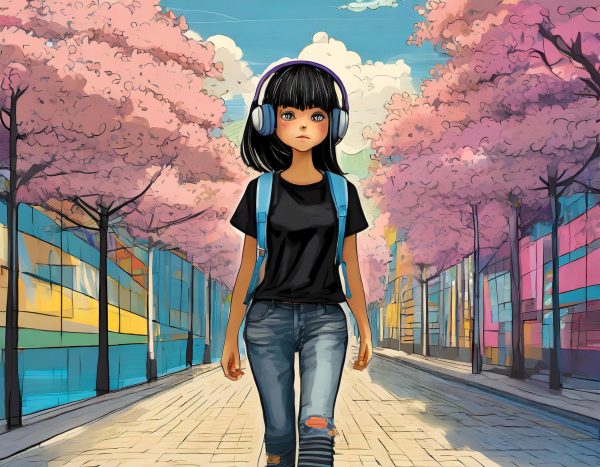Published 2011-03-22T17:53:00Z”/>
Andrea Robertson
Some believe that TV has hurt our youth, and by extention, our society. But just like everything, there are the good, the bad and the ugly that come along with it. And no, I’m not talking about the reruns of that movie every other weekend.
This worldwide influence might have a huge effect on us, but in the end we can only take responsibility for our own actions and act on what we feel is correct when responding to the power of television.
It is true that some shows expose children and adults to a more mature dialogue, with the F-word appearing time and time again, but perhaps there is a bigger, not-so-hi-def, picture that we are missing.
The 14-year-old show “South Park” exemplifies modern day satire in its truest form. Way back in the 19th century, Mark Twain made it his pride and joy to bring crucial issues to life in the minds of everyday citizens, most of whom were aware of the issues, but needed a little push to fully grasp their magnitude.
The creators of this modern TV phenomenon disguise their insinuations so cleverly by making the four main characters children. In a way, it reminds us that kids do absorb bad behavior but even more importantly, that kids are the ones who sincerely take note on everything that occurs around them.
The writers also hide the deeper meaning of their episodes with colorful, inappropriate episode titles, such as “The Tale of Scrotie McBoogerballs.”
It may sound as if you are about to embark on a sticky 30 minutes, in a literal sense. Yet, the real moral of the storyline is the extensive controversy behind banned books and the different ideas behind the debate depending on the crowd you find yourself in. Trey Parker and Matt Stone, those dirty minds behind the raunchy paper cutouts, have come to tackle social issues such as racism, human sexuality and even contemporary politics.
This show tries to point out that if spectators are not pleased with our television programming, then they are not happy with our society.
Media lead us toward a new perception on life – whether it is the daily news, a tear-jerking drama, football games or a misunderstood “South Park” episode.
The question isn’t whether television is a positive or negative thing. It simply comes down to how we interpret it, and the attitude with which we respond.
Not every child will play a violent video game and grow up to be an axe murderer, just as not every adult will be impacted by a global warming documentary. We live in the definition of individualism in the U.S.
People could easily watch a show like “South Park” and think to themselves how much they do not want to fall into the same circumstances and how to better avoid those types of behavior, or they could watch it and try to imitate all the foolishness that the show entails.
Some people have this false theory that we just sit back and watch the screen, but it’s the act of engaging that decides what we take away from the experience.
If it’s the construction paper cutout speaking with a snarky voice making your decisions, you might have problems other than watching too much TV.
<strong>Andrea Robertson can be reached at</strong>
<em>[email protected]</em>













